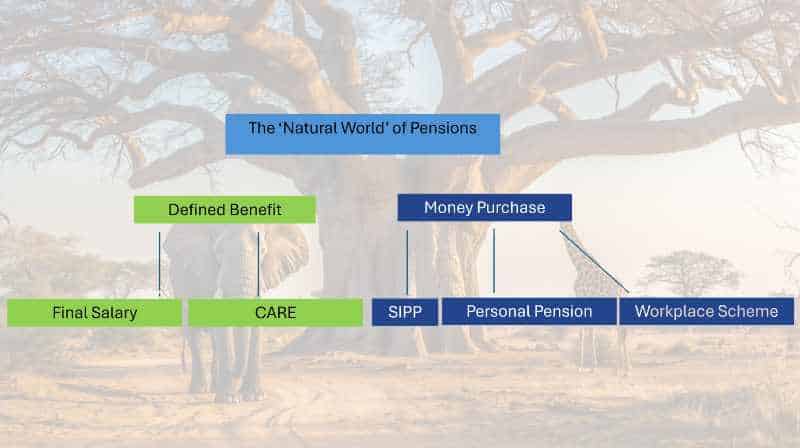
A question I am asked on a fairly regular basis by new and existing clients is “Should I Take my Final Salary Pension Lump Sum?”
Like many questions that appear simple, the answer is that it depends.
It depends upon factors that are within your control and on those that aren’t, particularly when you will die.
Where final salary scheme pensions are concerned the lump sum you receive will be a maximum of 25% of your benefit entitlement but the precise amount will be determined by a number of factors:
- how long you have been a member of the scheme,
- your salary at the date of leaving or averaged over your time as a scheme member or the final years before leaving,
- the scheme rules relating to the payment of lump sums. Some schemes pay a lump sum on top of pension income whereas others will pay it in lieu of pension income. When it is in lieu of pension income a ‘commutation factor’ will apply which provides a lump sum for every £1 of income given up. For example, a full pension might be £20,000 a year and the commutation factor is 15. This means a reduced pension of £18,000 may be available with a lump sum of £30,000 (figures only used to provide an example).
On this last point, if your scheme pays the final salary pension lump without you having to give up annual income all the better. For those who are members of a scheme that has a commutation factor, they will need to decide whether to elect to take some or all of the lump sum.
By taking the lump sum not only are you giving up a higher pension income you are also giving up guaranteed, inflation-linked growth each year which is something to be mindful of before making the decision.
Reasons to take the final salary pension lump sum would include:
- Having a mortgage or other loans to pay off.
- Wishing to provide capital to children for house deposits, to pay for a wedding or to pay off their debts.
- For expected capital outlays such as home renovations, a car or holidays.
- You wish to invest the capital and are willing to expose it to sufficient investment risk that would give it the potential for growth above inflation.
- You have a reduced life expectancy such that your wife or children will inherit capital rather than your spouse only receiving 50% of it on your death and it all being lost when you have both die. On this point, because we don’t know when we will die, even if you are in good health an unforeseen, premature death can mean taking the lump sum is preferable.
- You have other annual income that will push you into a higher rate tax bracket if you take a higher scheme pension.
- The final salary scheme commutation factor is particularly generous. The higher the commutation factor the more generous it is because you receive more lump sum for every £1 of pension sacrificed. Anything above 20:1 is good whereas anything under 12:1 is not very generous.
Reasons not to take the final salary pension lump sum so you have a higher income in retirement would include:
- Having significant savings and investments that you are unlikely to spend in your lifetime (especially if your estate is likely to be liable for inheritance tax).
- Your lifestyle costs are such that you need as much income as possible.
- You are single so don’t need to worry about a surviving spouse being financial secure on your death (although, for most schemes, the dependent’s pension is based on the pre-lump sum income).
- You have no debts to pay off or children to think about.
- You are risk averse and don’t want to expose capital to investment risk such that any capital left in low-interest savings is going to reduce in value in real terms (in which case an index-linked pension would have your money working harder).
In my experience, people tend to take the final salary pension lump sum on offer but that doesn’t necessarily mean that you should. If you would like to discuss your options with a Chartered and Certified Financial PlannerTM click here.






